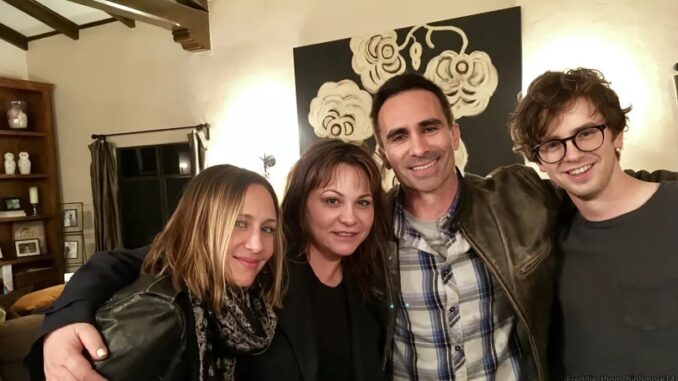
Few actors have managed to transition from child stardom to respected adulthood as gracefully as Freddie Highmore. Born on February 14, 1992, in London, the British actor has spent more than two decades captivating audiences with his quiet intelligence, emotional precision, and unmistakable charm — evolving from a sweet-faced boy into one of Hollywood’s most intellectually gifted performers.
Highmore’s career began early. At just 12 years old, he starred opposite Johnny Depp and Kate Winslet in Finding Neverland (2004), earning rave reviews for his sensitive portrayal of Peter Llewelyn Davies. A year later, he achieved global recognition as Charlie Bucket in Tim Burton’s Charlie and the Chocolate Factory (2005). With his natural empathy and expressive eyes, Highmore became the symbol of innocence and imagination for a generation of moviegoers.
Unlike many child actors who struggle to navigate fame, Highmore charted a different path. He stepped back from the Hollywood spotlight to focus on his education, attending the prestigious University of Cambridge, where he graduated with top honors in Spanish and Arabic. Fluent in several languages — including French and Arabic — he built a reputation not just as a performer but as a scholar with remarkable depth and discipline.
When he returned to acting, it was with purpose and maturity. His portrayal of Norman Bates in A&E’s Bates Motel (2013–2017) stunned critics. Highmore managed to humanize one of cinema’s most notorious characters, bringing layers of emotion, tragedy, and intelligence to the role. The performance marked a turning point in his career, earning him nominations for multiple awards and cementing his status as an actor capable of extraordinary psychological nuance.
Then came The Good Doctor (2017–2024), the hit ABC medical drama that transformed Highmore into a household name once again. As Dr. Shaun Murphy, a brilliant young surgeon on the autism spectrum, he delivered a performance of empathy, precision, and quiet power. Highmore didn’t just star in the series — he also wrote and produced several episodes, further proving his creative range. The role resonated globally, inspiring audiences and breaking barriers in the portrayal of neurodiverse characters on television.
Off-screen, Freddie Highmore remains refreshingly private. He doesn’t use social media and rarely makes tabloid headlines, choosing instead to focus on his craft and personal growth. In interviews, he often speaks with thoughtfulness about fame, storytelling, and the importance of living a balanced life.
What makes Highmore’s journey so remarkable isn’t just his talent — it’s his refusal to be defined by it. From the wide-eyed boy exploring Willy Wonka’s chocolate factory to the complex minds of Norman Bates and Shaun Murphy, Freddie Highmore has consistently chosen roles that challenge both himself and his audience.
